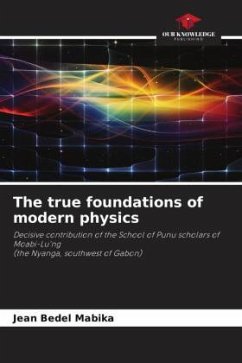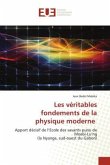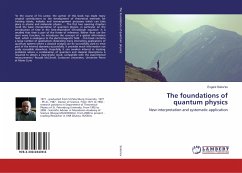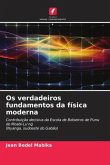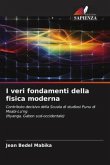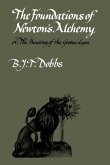The Punu culture, which is still poorly known, is entirely part of the Kongo culture, it being understood that the Punu (Meri, Kam or Jage) are Kongo. In the Punu tradition, there are a number of literary texts whose level of notional appropriation is such that we find ourselves in the presence of key concepts directly linked to the prolegomena to the practice of vertiginous speculation: not only as it is practiced in philosophy - metaphysics or ontology above all - but also as it unfolds in modern science: when it is a question of exploring the infinitely small or the infinitely large. This booklet explores in detail the aspects of Merian culture (Punwéan or Punu), which participated in the elaboration by the scientists of this African people, of key scientific concepts, starting from notions that announced such a possibility. This text shows that it is finally this exceptional African scientific culture, which will have given to modern physics, its fundamental concepts.
Bitte wählen Sie Ihr Anliegen aus.
Rechnungen
Retourenschein anfordern
Bestellstatus
Storno

